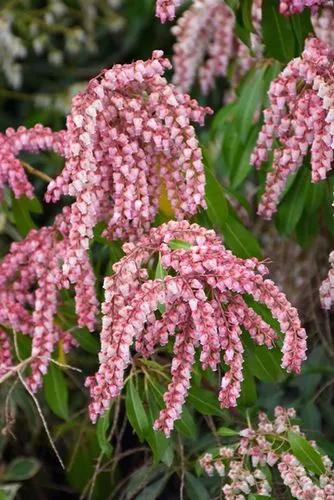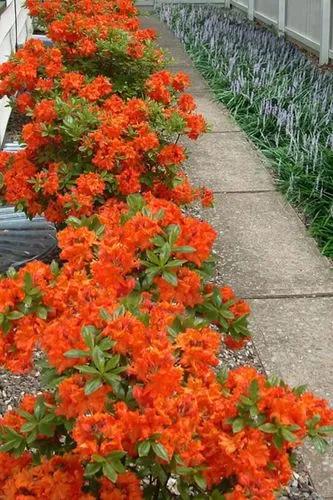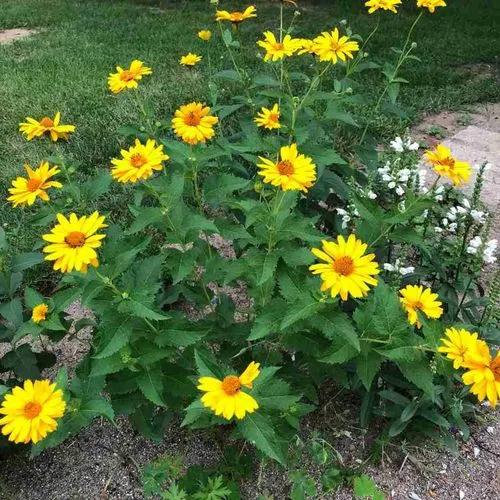A bizarre herbaceous shrub rarely more than 1.5 m tall with grayish, deeply lobed leaves. The branches and leaf midribs are fiercely armed with orange spines and all parts of the plant are more or less densely furry. The flowers are purple with yellow stamens and are followed by yellow fruits. All parts including the fruits are toxic to humans. Solanum pyracanthos is native to southern Madagascar where it grows in dry, often disturbed habitats. It makes a fascinating ornamental and is easy to grow but should perhaps be avoided in climates where it can escape and become a nuisance.
Solanum Pyracanthum Care
Solanum Pyracanthos



How to Care for the Plant

Water

Water potted plants until the water runs from the holes in the bottom of the pot. Don’t water again until the soil is dry at a depth of about two inches.

Fertilizer

Fertilize plants grown in the ground with a slow-released fertilizer or a 2-inch layer of compost in spring. Use a liquid fertilizer designed for flowering houseplants throughout spring and summer for plants grown in containers. Follow the package directions.

Sunlight

Porcupine tomato needs a location with full sun or partial shade and well-drained soil.

Soil

well-drained soil. Prepare the soil by working in lots of compost before planting.

Temperature

Growing a porcupine tomato is easy, but it is a tropical plant and needs the warm temperatures found in U.S. Department of Agriculture plant hardiness zones 9 through 11.

Container

They look great in decorative ceramic pots and urns. The container should hold at least 5 gallons of potting soil, and the soil should have a high organic content.

Additional

All parts including the fruits are toxic to humans.
Discover more plants with the list below
Related articles






